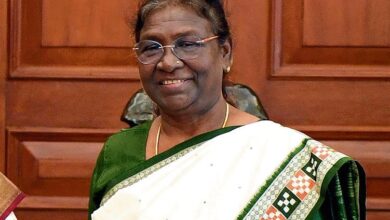The Delhi Excise Policy case is Arvind Kejriwal’s eighth summons from the ED, requesting an appearance on March 4
A day after Delhi Chief Minister Arvind Kejriwal ignored the seventh summons, the Enforcement Directorate (ED) issued him the eighth one on Tuesday.
On Monday, Kejriwal disregarded the seventh ED summons to appear in court regarding the money laundering case involving excise policies.

On February 22, the probe agency issued Kejriwal with a seventh summons for questioning in a money laundering case after the chief minister of Delhi failed to show up for the sixth summons. The
The AAP had disregarded each of the seven summonses. Afraid of Kejriwal’s lack of cooperation, the investigation team petitioned the court.
Every time Kejriwal received a summons, he called it an illegal notice and said that the issue of the ED summons’ validity was before the courts.
According to AAP, ED should wait for the court’s ruling rather than issuing repeated summonses.
In response to an ED complaint alleging that Kejriwal disregarded an ED summons in this case, a Delhi court last week ordered Kejriwal to appear before it on February 17. The court noted that the AAP chief was “legally bound” to comply.
Earlier this year on February 26, February 19, February 2, January 18 and January 3; in 2023 on December 21 and November 2, the former Indian Revenue Service (IRS) officer was called.
What is the situation?
The Delhi government’s excise policy for 2021–22, which granted licenses to liquor dealers, is said by the probe agencies to have encouraged cartelization and favored certain dealers who had allegedly paid bribes for it—a claim that the AAP has consistently denied. After Delhi LG V K Saxena suggested in July 2022 that the CBI look into purported anomalies and shortcomings in the policy’s execution, the policy was abandoned. Following the CBI, the ED also filed a case in relation to the matter under the Prevention of Money Laundering Act (PMLA).







